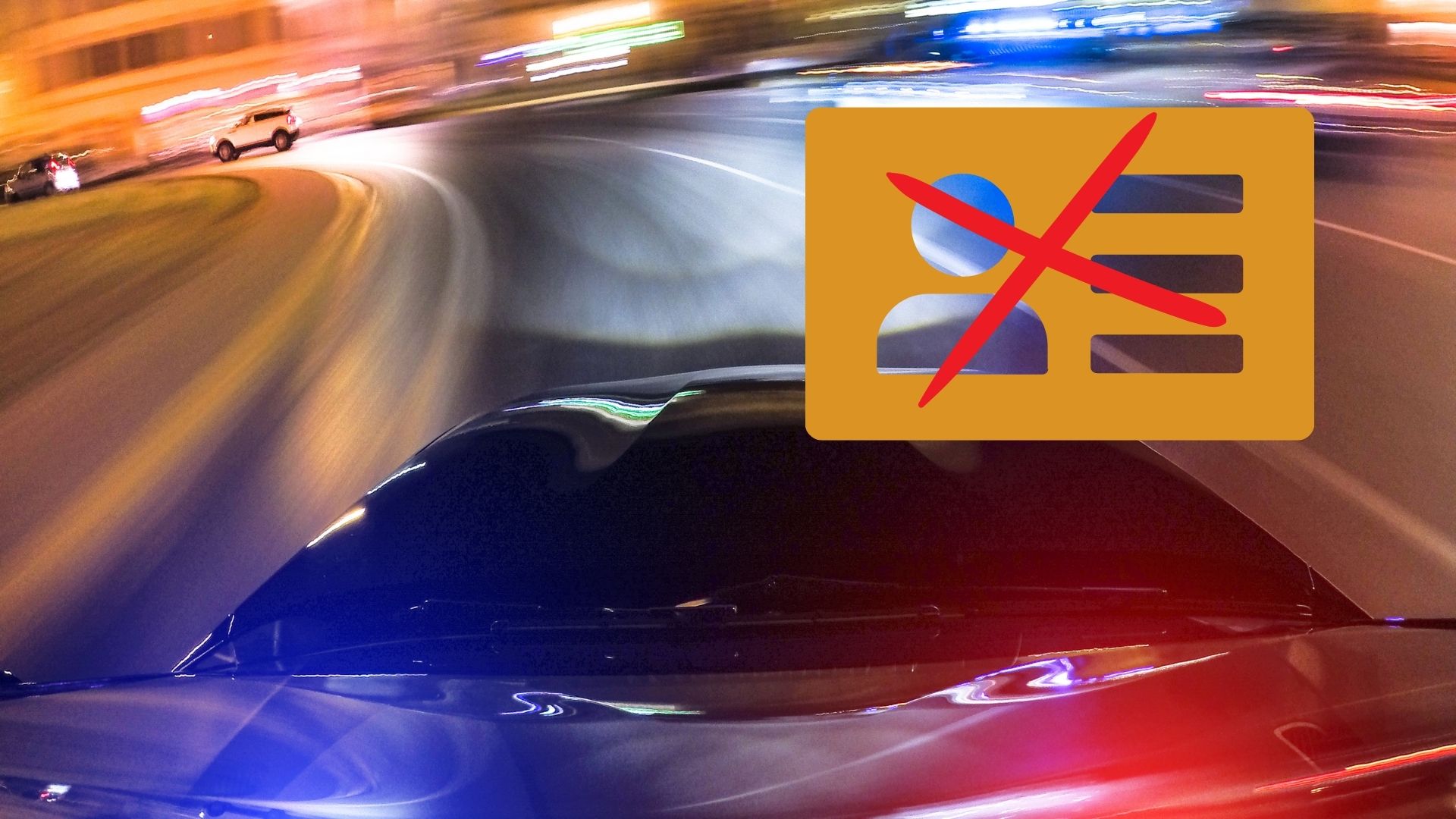It is important to understand the different types of suspensions in NSW. The core question is whether the suspension is issued by Police or by Transport for NSW (TfNSW). Police suspensions for alleged speeds over 45 km/h for full licence holders, and over 30 km/h for learner and provisional licence holders, are covered in this article.
The powers of TfNSW and the Police to suspend your licence
The power of TfNSW (formerly RMS) to suspend your licence can significantly affect your life. Many people pay an infringement without thinking, only to receive a suspension letter later. See our guides on licence suspension appeals and appealing infringement notices.
There are many reasons TfNSW can suspend your licence, including demerit point accrual. If you hold a red or green P-plate and exceed your points, TfNSW will generally impose a three-month suspension (subject to points). You usually have a right of appeal to the Local Court. On a demerit appeal, the court may:
- Dismiss the appeal (you serve the TfNSW suspension),
- Allow the appeal (no suspension), or
- Vary the period (for example, reduce three months to two weeks).
If you have a full licence and exceed your points, TfNSW will issue a suspension but offer a good behaviour period for 12 months. Breaching a good behaviour period triggers a suspension for double the original term. That breach only activates if you pay the fine or are convicted. Depending on the stakes, it may be worth defending the new offence or seeking a non-conviction order. Learn more about traffic offences in NSW and court procedures.
If you are alleged to have exceeded the speed limit by more than 30 km/h (and are not a learner or provisional driver), TfNSW will usually impose a three-month suspension once the fine is paid. The appeal options above apply.
For alleged speeds over 45 km/h, the law has tightened. To succeed on appeal you generally must establish exceptional circumstances, which is a higher threshold than simply being a “fit and proper person”.
If you are alleged to have exceeded the limit by over 45 km/h and detected by a speed camera, TfNSW will issue a six-month suspension. If detected by Police, you may receive an immediate Police suspension at the roadside for six months and potential vehicle impoundment for three months. You still have a right of appeal to the Local Court. Immediate Police suspension and the exceptional-circumstances test also apply to learner and provisional drivers for over 30 km/h offences. See our page on speeding fines and penalties.
Police can also immediately suspend you for street racing, aggravated burnout offences and drive manner dangerous charges. TfNSW may suspend on medical grounds; these decisions can be appealed. For driver health requirements, see Transport for NSW – Driver Health.
Police Powers: On-the-spot licence suspension
Police powers derive from Road Transport Act 2013 (NSW) s 224, which allows Police to immediately suspend a licence for reasons including the above. A suspension notice may be given at the roadside or within 48 hours of a penalty notice or charge being served.
In practice, Police often issue an immediate six-month suspension for over 45 km/h, or three months for over 30 km/h for L and P drivers, based on the allegation alone. If you defend the matter in court, your hearing date may fall after most of the suspension has already run. This is why we typically lodge a Police suspension appeal promptly, whether you plan to contest the offence or pay the fine. For help when contacted by Police, read what to do if Police call and your right to silence.
Courts interpret “exceptional circumstances” as extraordinary or unusual and different from ordinary cases. A general need for a licence for work is usually not enough on its own, though outcomes vary and multiple factors combined can meet the test. We explore employment, community service, medical needs, carer responsibilities and other unique facts, and obtain evidence to support each point. For program support, consider the Traffic Offenders Rehabilitation Program (TORP).
What you need to prepare for your licence suspension appeal
TfNSW is an administrative body and its decisions are reviewable by the Local Court where appeal rights exist. When you receive a TfNSW letter, read it carefully to understand the basis for suspension, confirm whether you have a right of appeal, and lodge within time. LawAccess NSW provides general guidance on driver licence appeals. You can also check Local Court information at Local Court NSW – Driver licence appeals.
Preparing for hearing (generic, non-exhaustive):
- For non-exceptional demerit appeals, photographs of the location can help provide context (for example, a multi-lane freeway versus a school zone). See also our notes on speeding offences.
- References addressing character and insight. Ensure referees know the offence and avoid inconsistencies with your traffic record.
- A letter from your employer if driving is essential or public transport is impractical due to shift work or remoteness.
- Medical reports where health or treatment limits public transport options.
- Evidence of any other extenuating circumstances (for example, caring duties).
- Completion of a rehabilitation or education program such as TORP.
On eligible appeals the court may dismiss, allow, or vary the suspension period. For tailored advice and urgent filing, call (02) 8806 0866 or contact us via the Jameson Law contact page.













